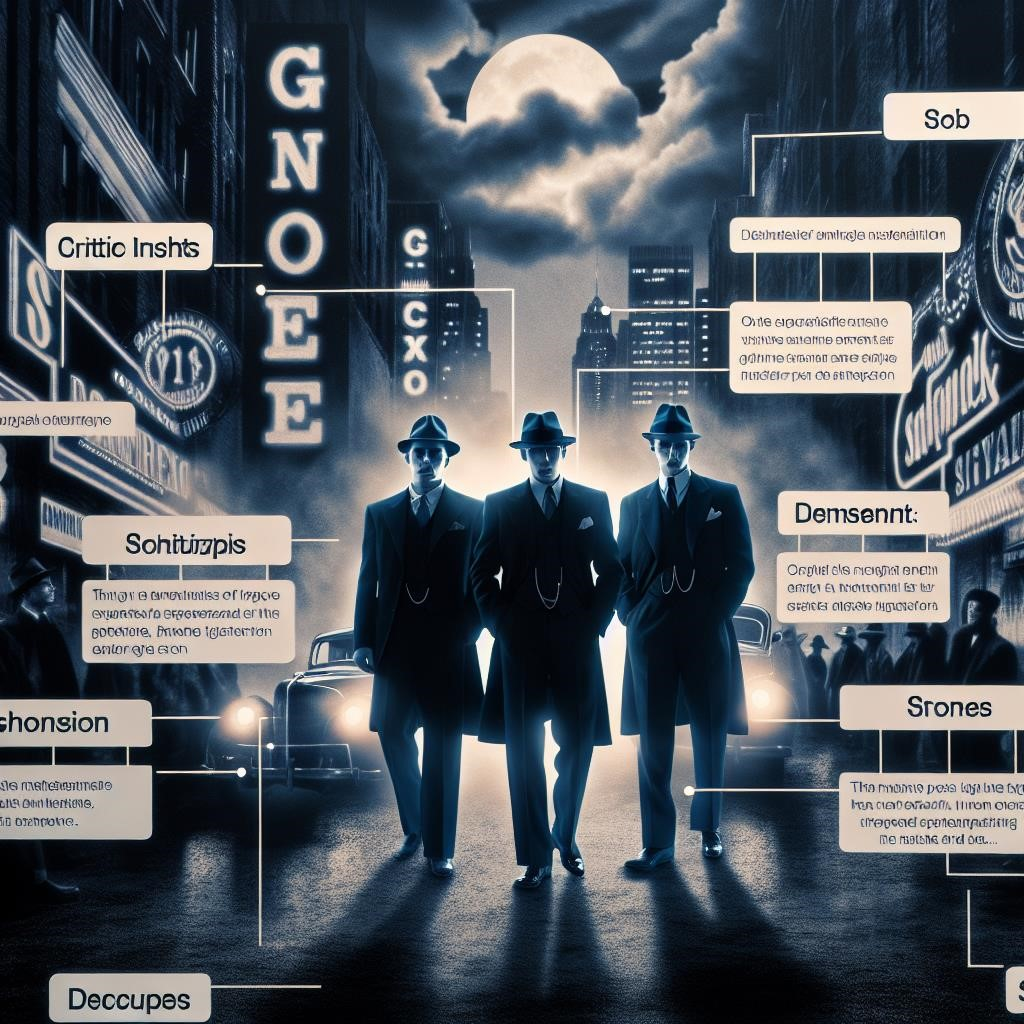The world of cinema has been profoundly influenced by the genre of gangster films, with Goodfellas standing out as a monumental entry in this category․ Directed by the legendary Martin Scorsese, this 1990 classic has set the standard for how mafia stories are told on screen․
A Masterful Storytelling
Goodfellas is based on the true story of Henry Hill, a young man who becomes involved with the mob․ The film captures the rise and fall of Hill and his companions in the criminal underworld․ Scorsese’s direction allows for a gritty yet compelling portrayal of mafia life, characterized by its authenticity and attention to detail․
Plot Overview
The narrative follows Henry Hill, played by Ray Liotta, as he navigates his way through the ranks of the Lucchese crime family․ The film is structured in a way that immerses the audience into the protagonist’s life, showcasing both the glamour and the inevitable consequences of a life of crime․
Standout Performances
- Ray Liotta as Henry Hill
- Robert De Niro as Jimmy Conway
- Joe Pesci as Tommy DeVito
The performances of the cast are nothing short of stellar, particularly Joe Pesci’s portrayal of Tommy, which earned him an Academy Award for Best Supporting Actor․ His explosive character adds a layer of unpredictability that heightens the film’s tension․
The Aesthetic of Goodfellas
Scorsese employs a variety of cinematic techniques that enhance the storytelling experience․ From the iconic tracking shots to the use of popular music that punctuates key moments, the film’s style has influenced countless others in the genre․
Soundtrack and Editing
The soundtrack of Goodfellas is a carefully curated selection that perfectly complements the film’s tone, featuring artists like Jimmy Cliff and The Rolling Stones․ The seamless editing, particularly during the infamous ‘Layla’ scene, showcases Scorsese’s ability to blend narrative with music for maximum impact․
Goodfellas in the Context of Mafia Movies
When discussing the best mafia movies, Goodfellas often comes to the forefront․ It is frequently compared to other classics such as The Godfather series, highlighting its unique approach to storytelling and character development․ While The Godfather presents a more operatic view of organized crime, Scorsese’s work is raw and realistic, portraying the day-to-day life of gangsters․
Scorsese’s Influence on Gangster Classics
Martin Scorsese is undeniably one of the greatest directors in the gangster genre․ His films, including Casino and The Irishman, continue to explore themes of power, loyalty, and betrayal, often drawing inspiration from Goodfellas․ Each film offers a different perspective on the mafia, but they all share Scorsese’s signature style and storytelling prowess․
Goodfellas remains a timeless classic that has redefined the gangster genre․ Its compelling narrative, unforgettable performances, and Scorsese’s brilliant direction solidify its place in cinematic history․ For anyone looking to explore the world of mafia films, Goodfellas is an essential viewing experience, serving as a benchmark for all that followed;
If you’re a fan of gangster classics, this film not only entertains but also provides a profound commentary on the allure and pitfalls of a life steeped in crime․ So grab your popcorn and prepare to be enthralled by one of the best mafia movies ever made․
